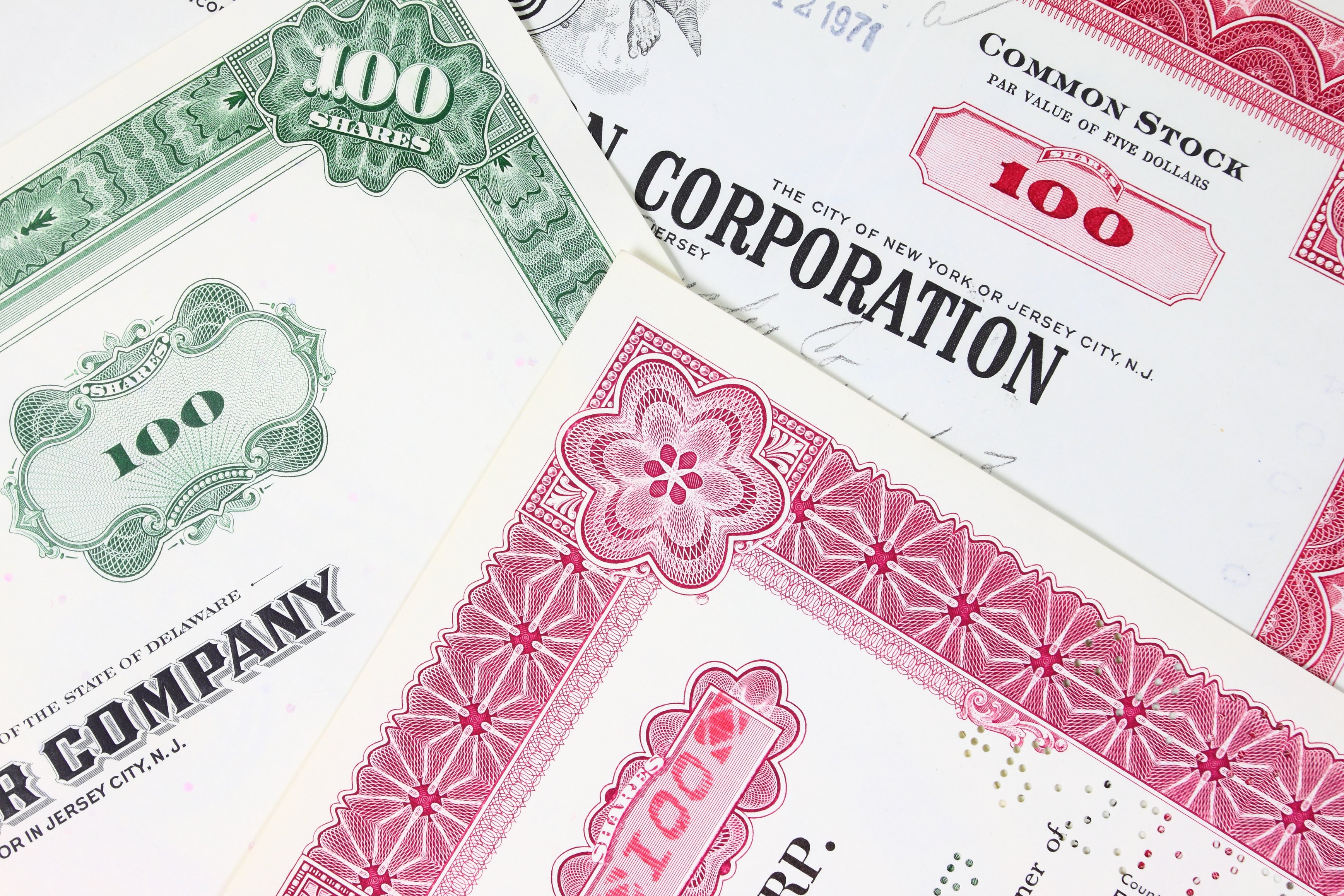According the Bloomberg News, Bristol-Myers Squibb (NYSE: BMY) made an unsolicited offer to buy Amylin Pharmaceuticals (Nasdaq: AMLN) for $22 per share. Investors are eating it up, sending the diabetes drugmaker up 54% yesterday.
Assuming Bloomberg's sources are telling the truth, it's likely they were ordered by their bosses to leak the info; these things are rarely just a couple of people bragging to a reporter. The question is, which side of the aisle did the leaks come from? Did Amylin put it out there looking for a higher bid, or is Bristol-Myers trying to gain some leverage through the leak?
With shares trading substantially above the rumored offer price, investors are clearly expecting something better to come along, but I wouldn't hold my breath waiting for a substantially higher bid from Bristol-Myers. The pharma has shown willingness to make purchases, but not at exuberant prices. For example, Bristol-Myers made an unsolicited offer to buy ImClone Systems a few years ago for a low-balled $60 per share. The pharma did eventually up its offer, but only by a measly 3.3% to $62. Eli Lilly (NYSE: LLY) eventually stepped in and bought the biotech for $70 per share.
Eli Lilly isn't going to come to Amylin's rescue like it did for ImClone. The two were partners on Byetta and Bydureon before Eli Lilly found a new beau and asked for a divorce. Diabetes specialist Novo Nordisk (NYSE: NVO) is out, too, since it sells Victoza, the most direct competitor to Byetta and Bydureon.
That leaves Merck, which sells blockbuster Januvia, and Sanofi (NYSE: SNY), which sells Lantus, a type of insulin, as potential white knights. AstraZeneca could also be a possibility, but getting in a bidding war with Bristol-Myers would be complicated since the two are partners on diabetes drugs dapagliflozin and Onglyza.
Given the lack of information about what potential bidders are thinking, it seems pretty risky to buy Amylin at this level. And there's always the possibility that Bristol-Myers leaked the rumor hoping to make it more difficult for Amylin to find a partner outside the U.S. to take over Eli Lilly's duties, which are set to transition to Amylin by the end of 2013. Not being able to find a partner would make Amylin less valuable, not more valuable, since it's more cost-effective to have someone else market the drugs overseas.
Fool analysts think these three American companies are set to dominate the world.






